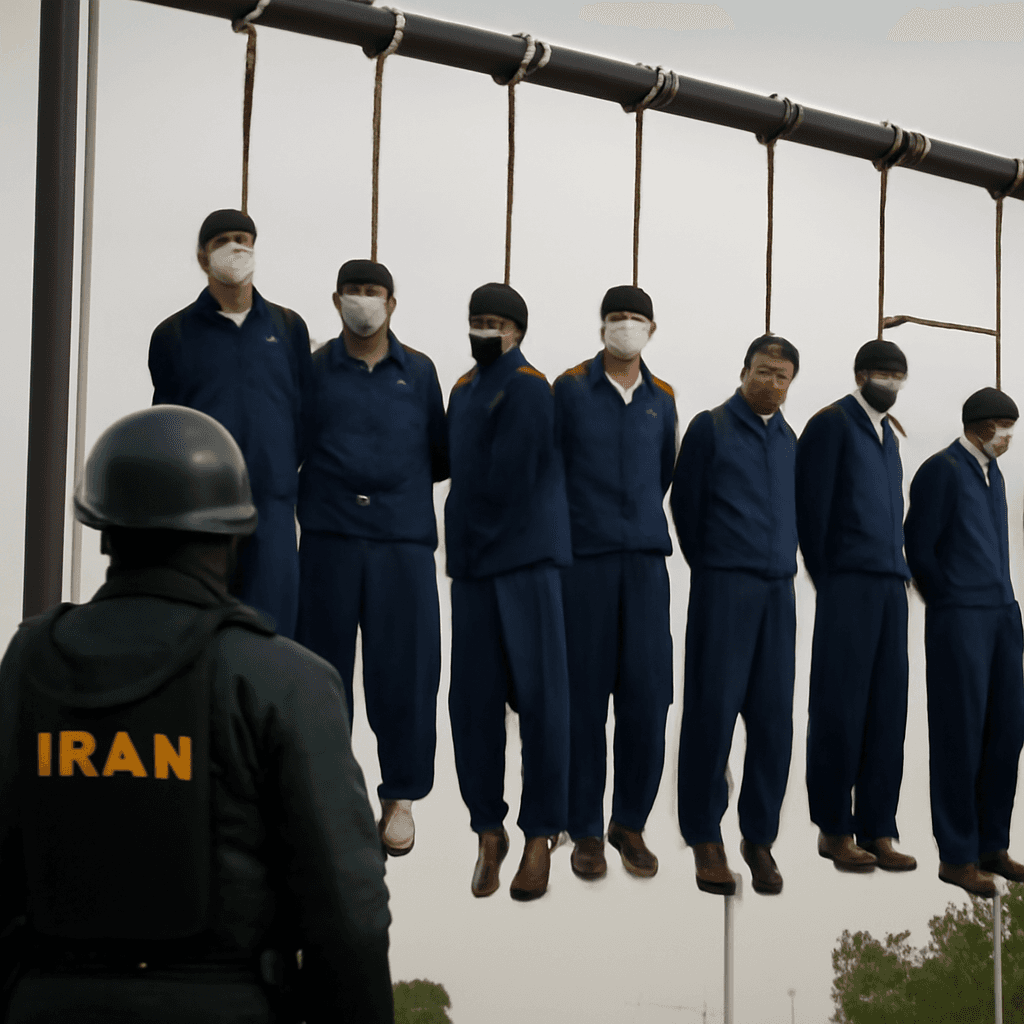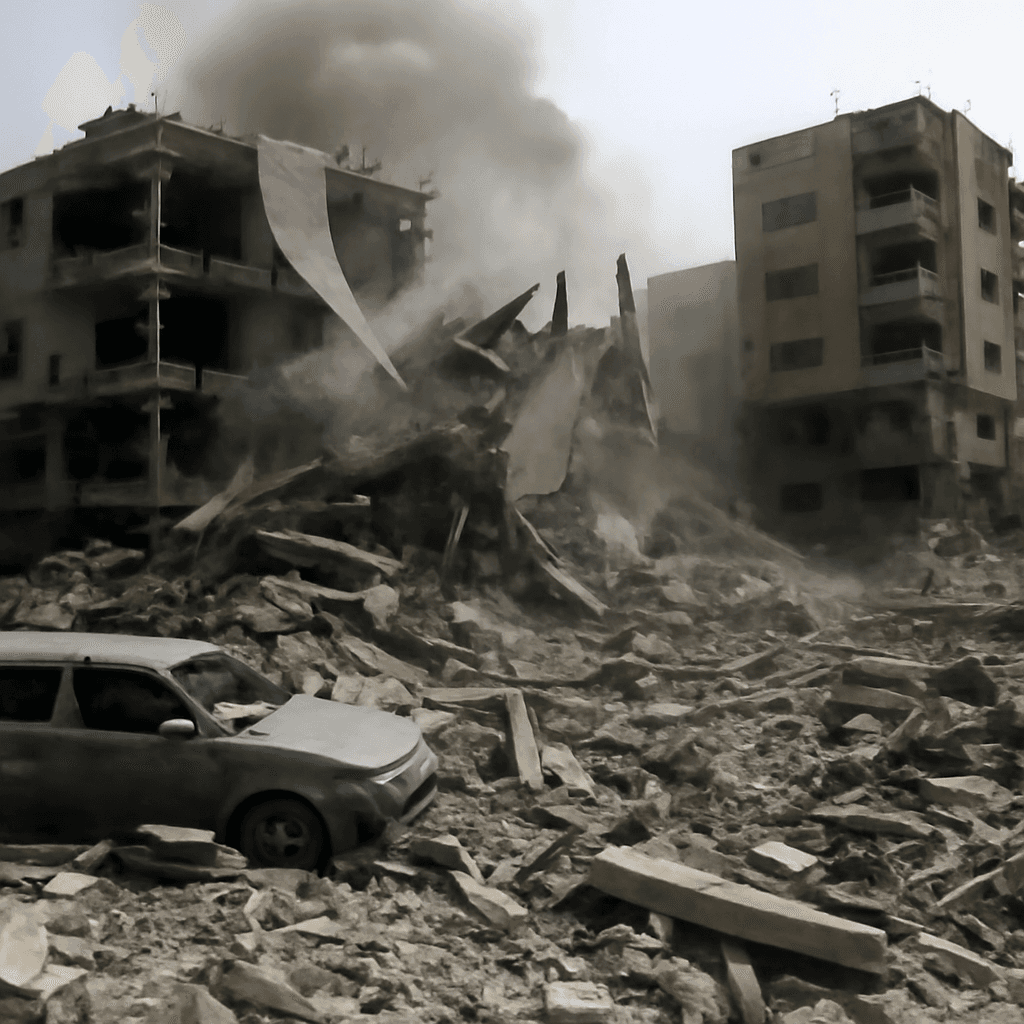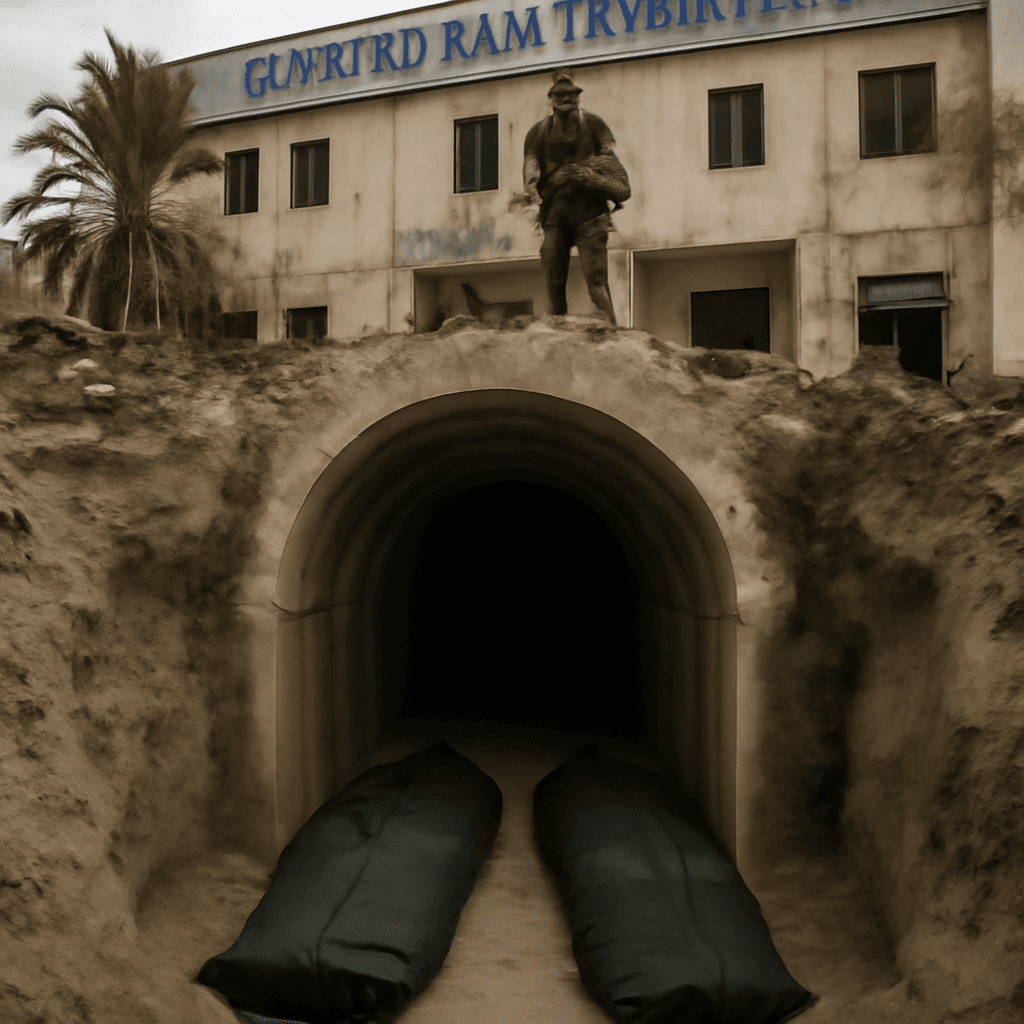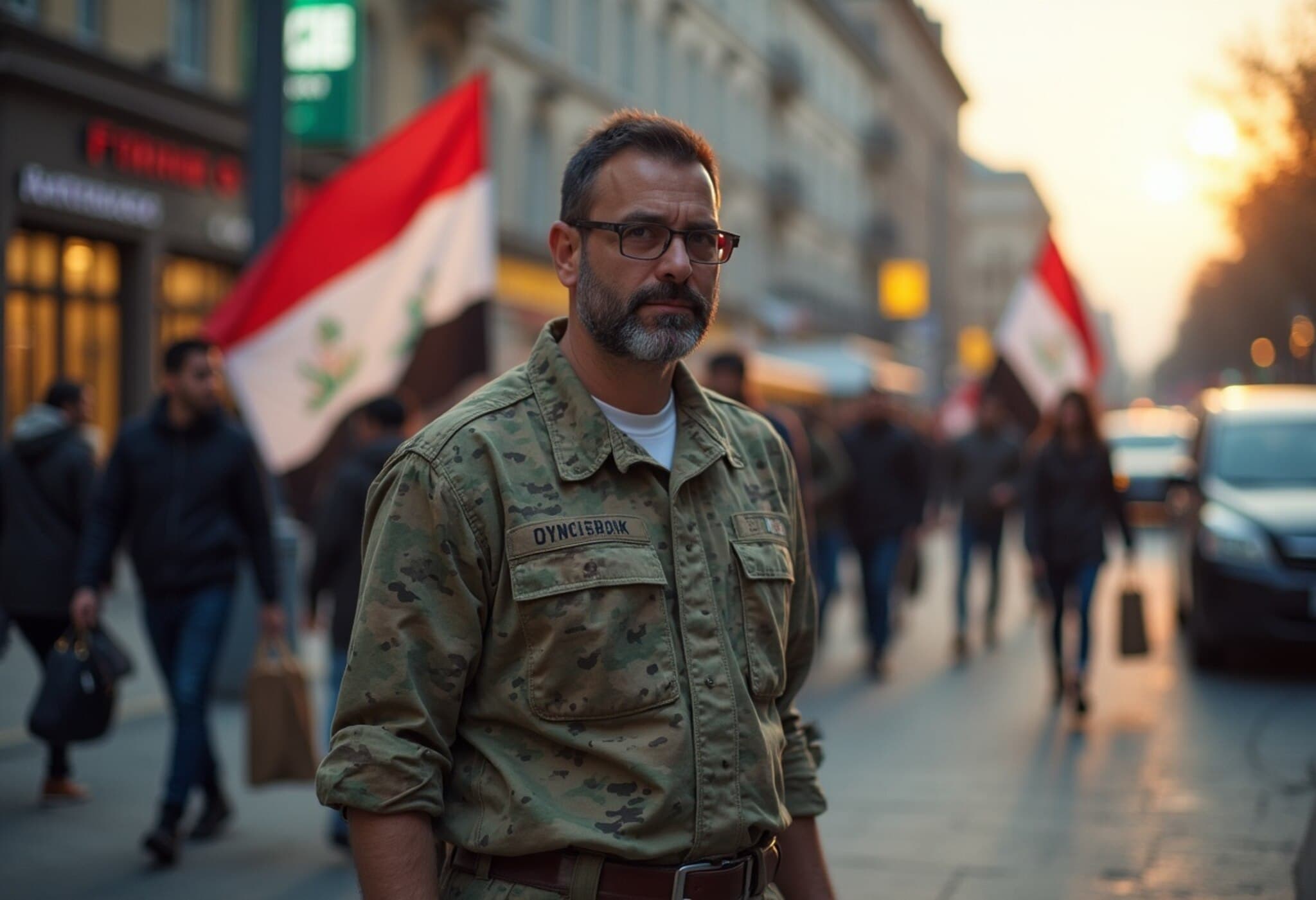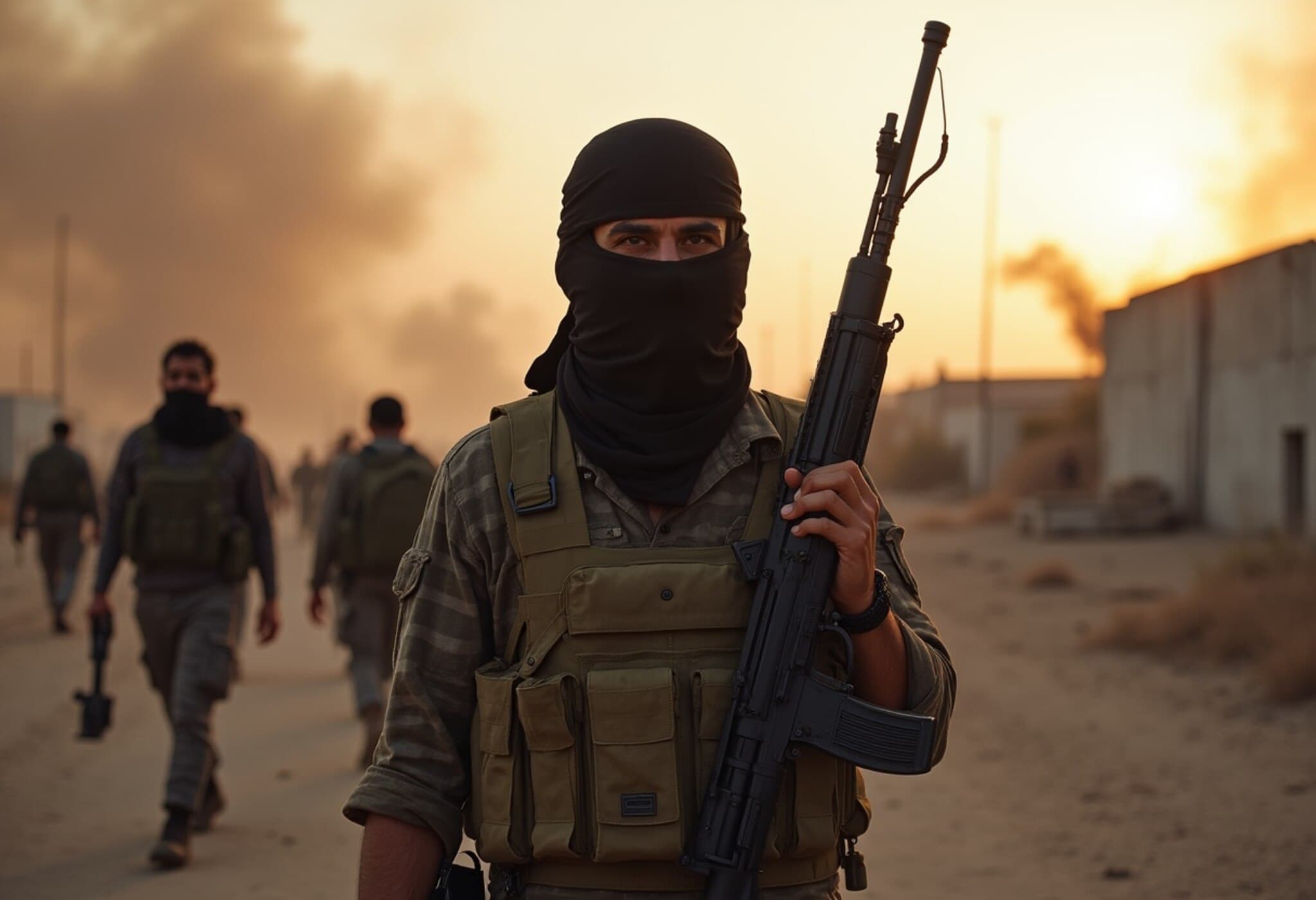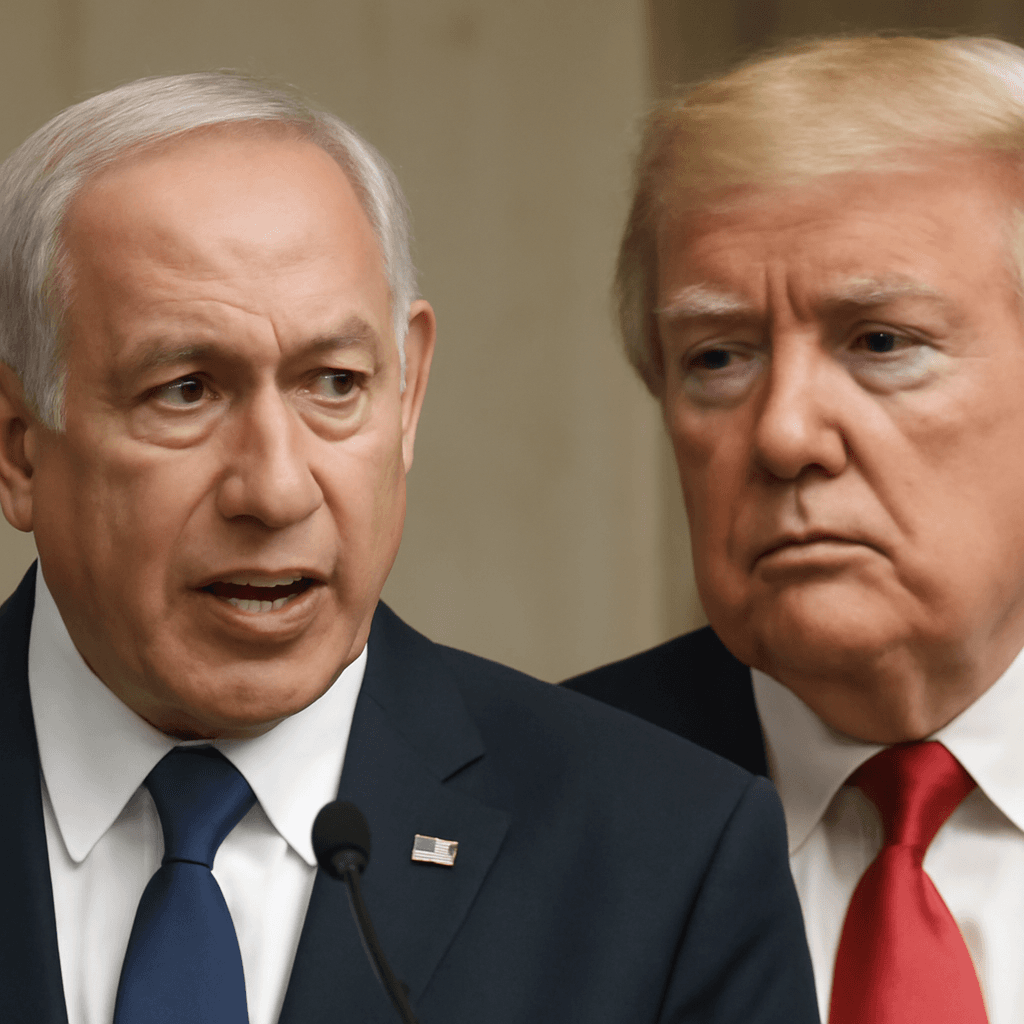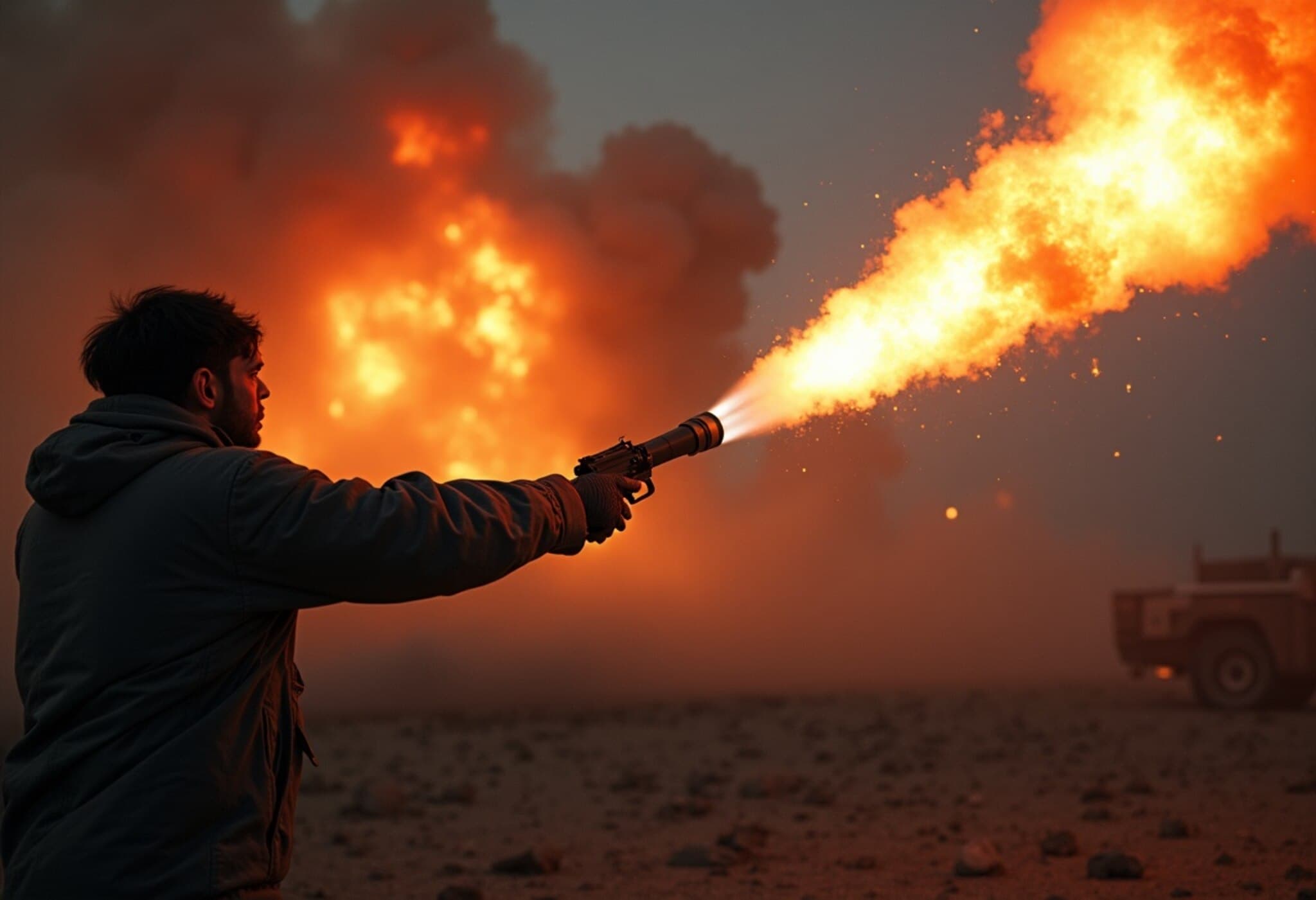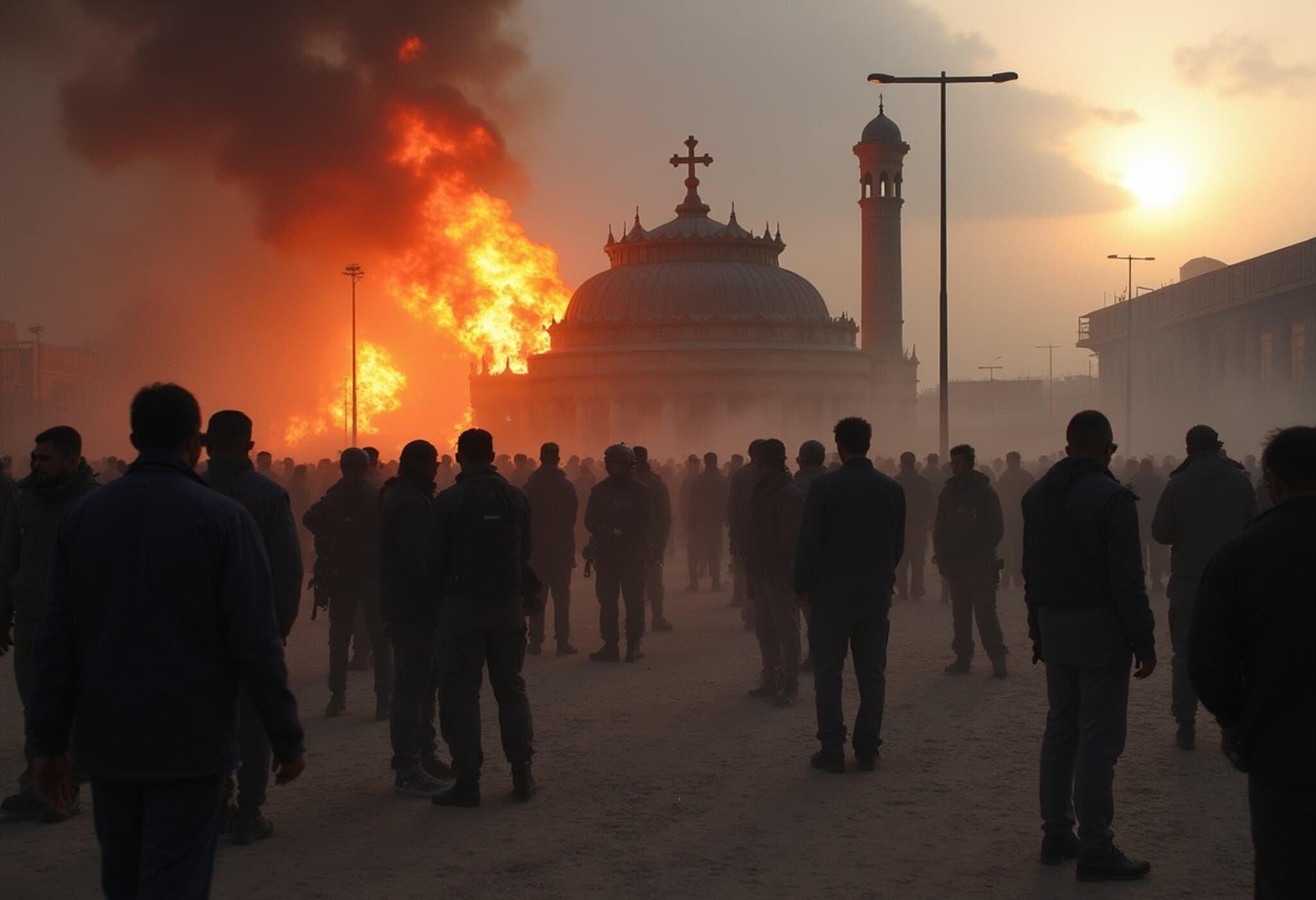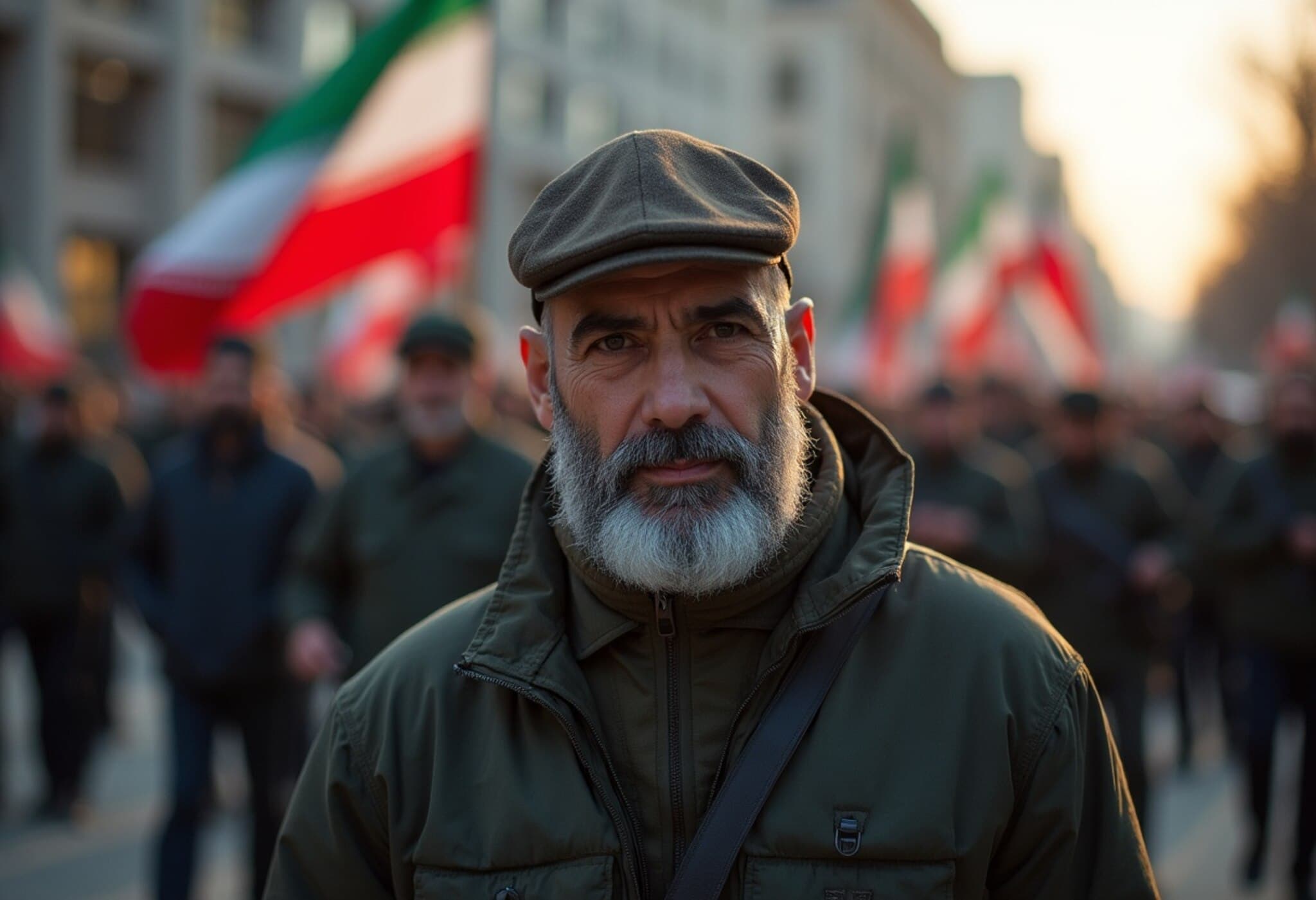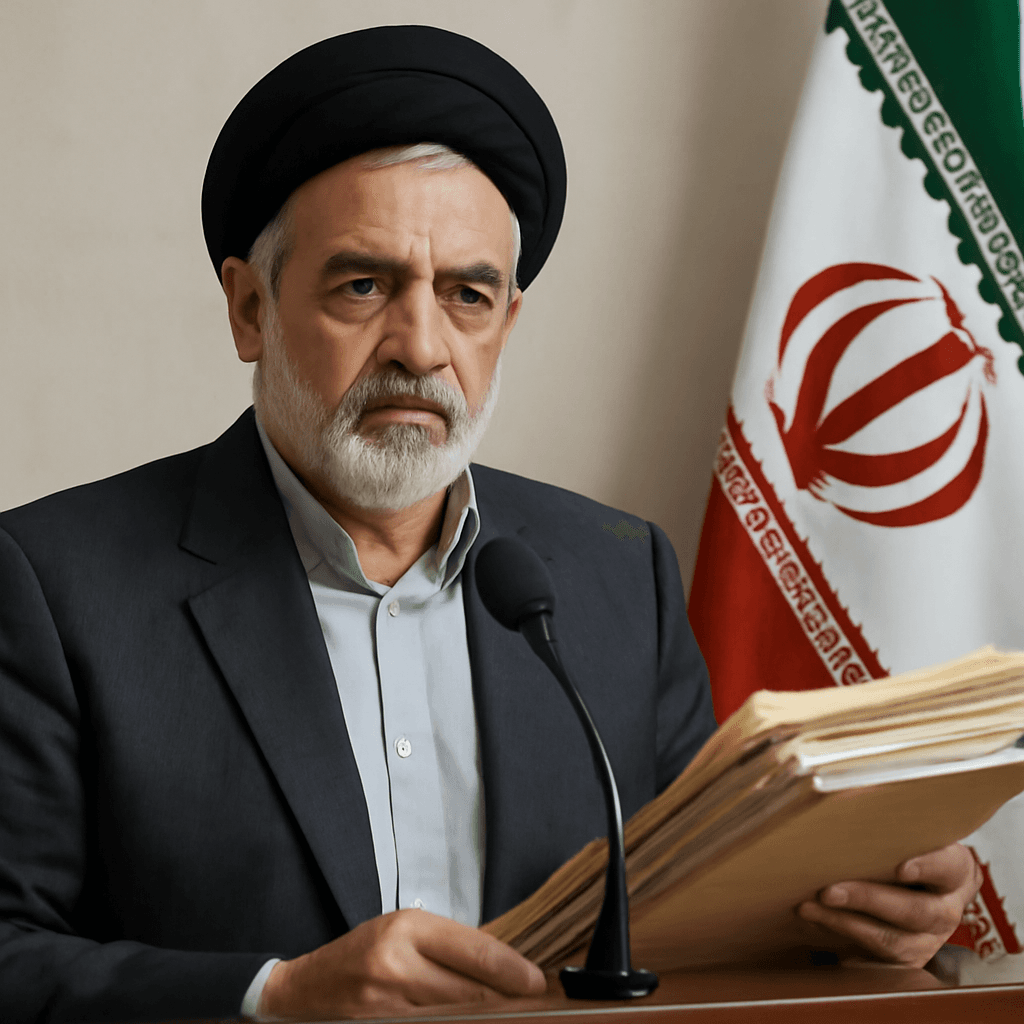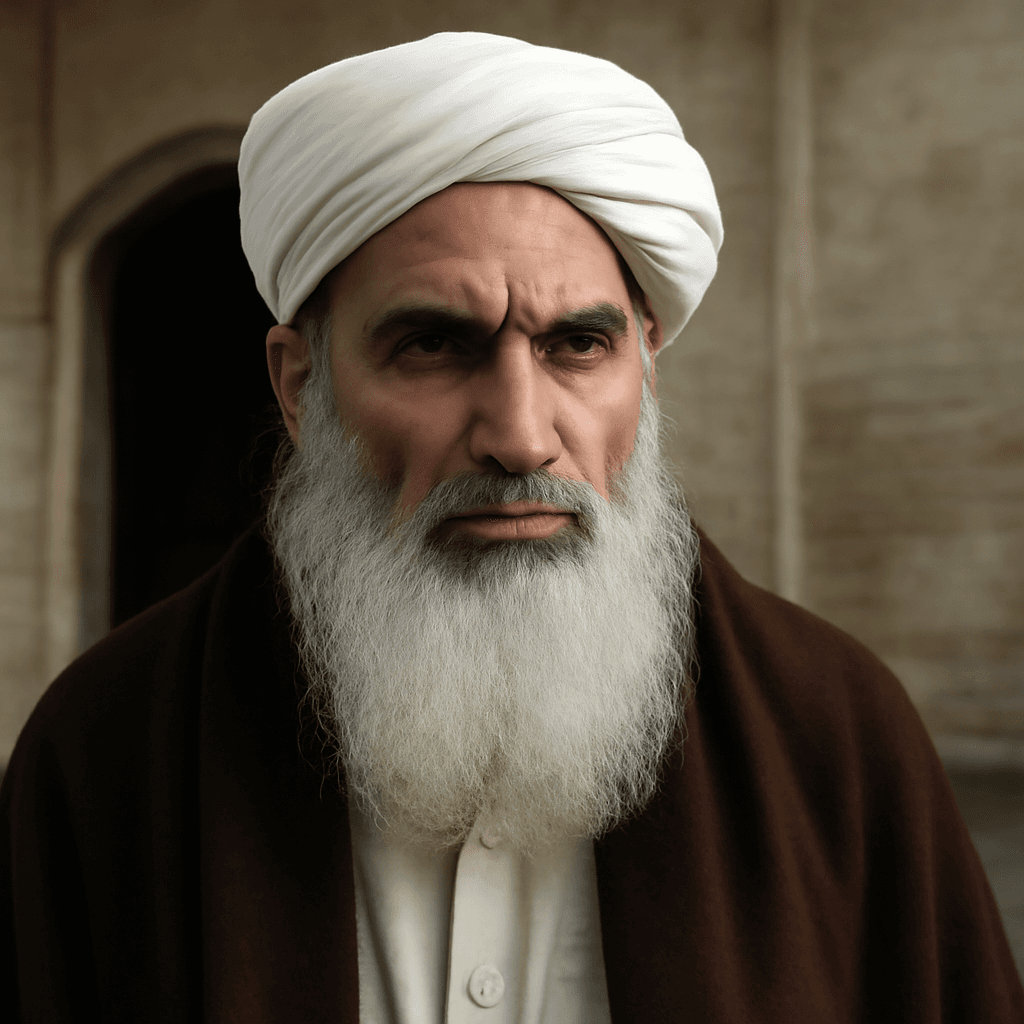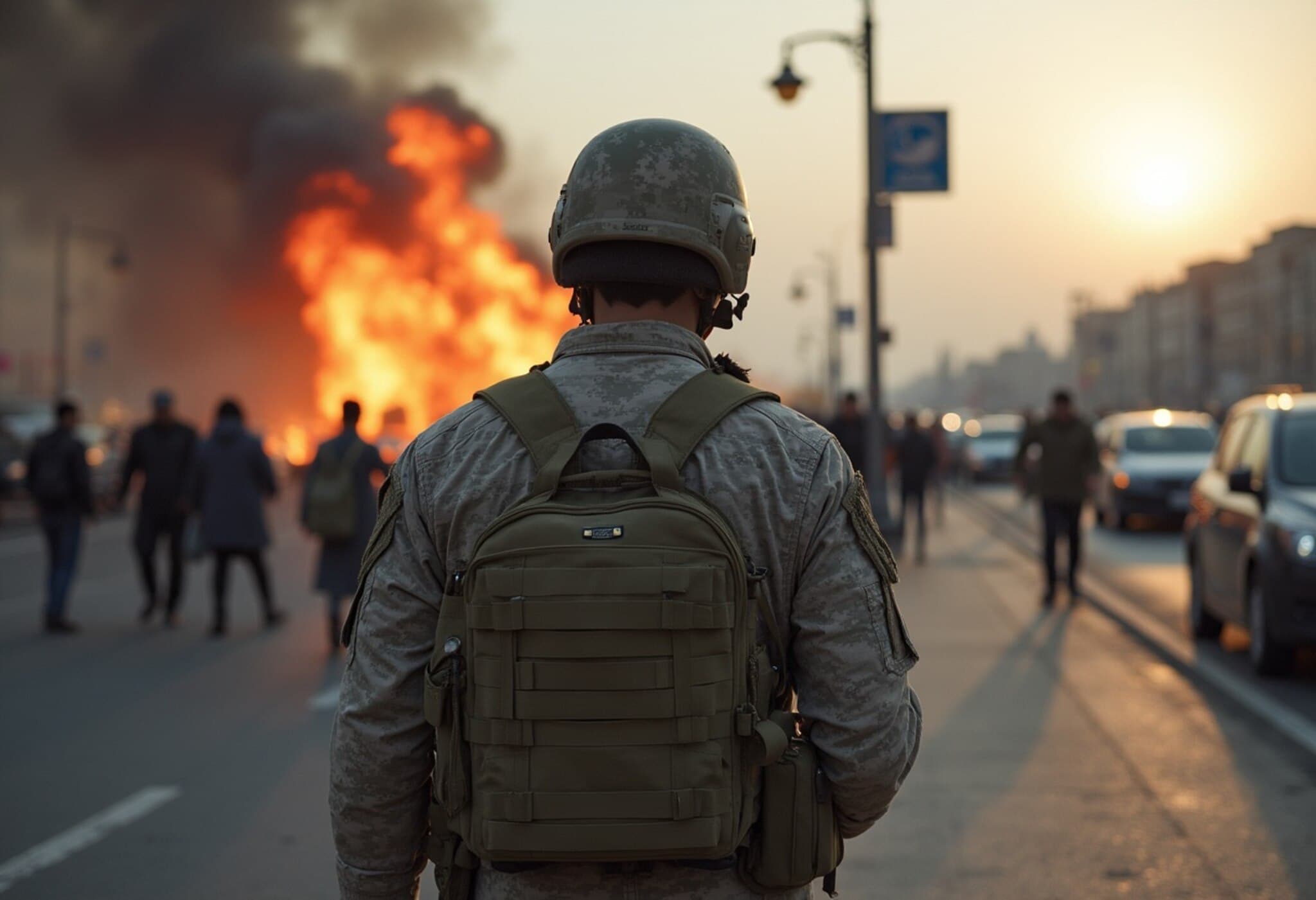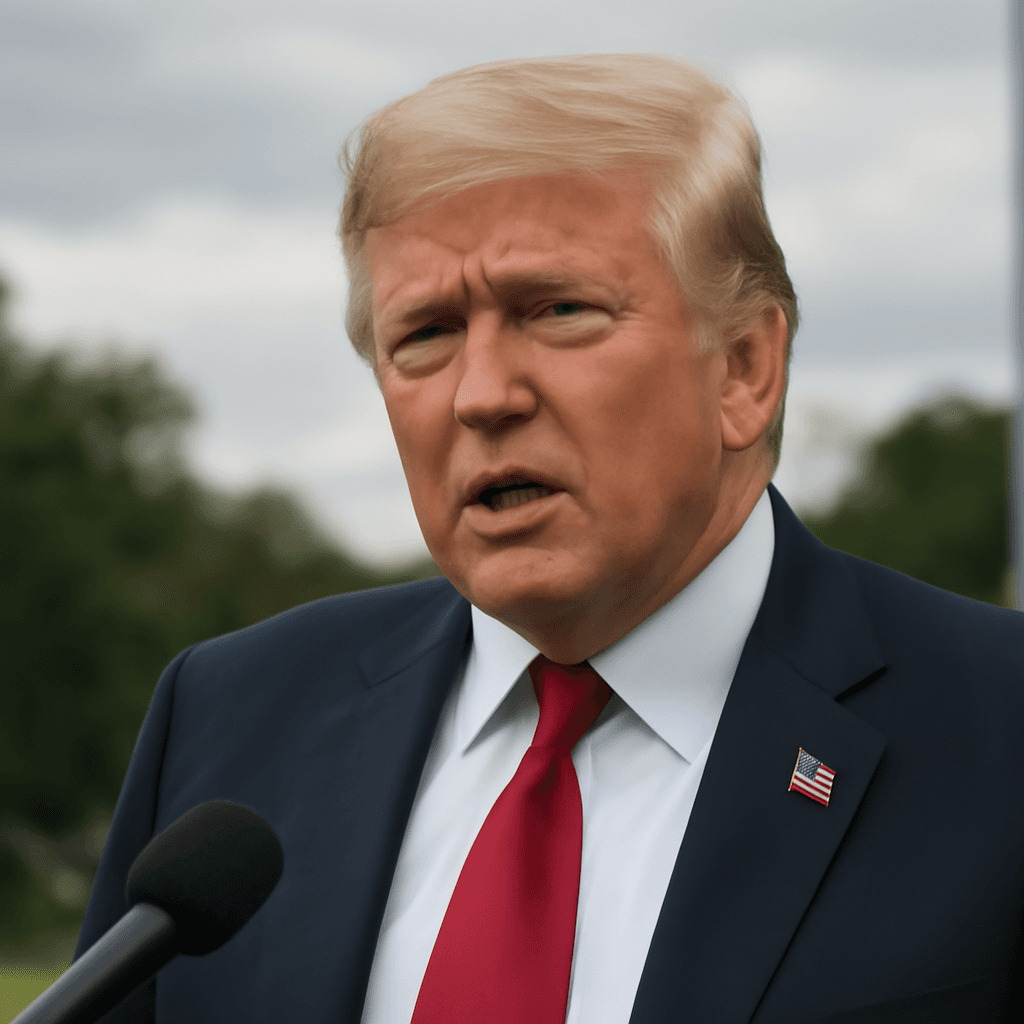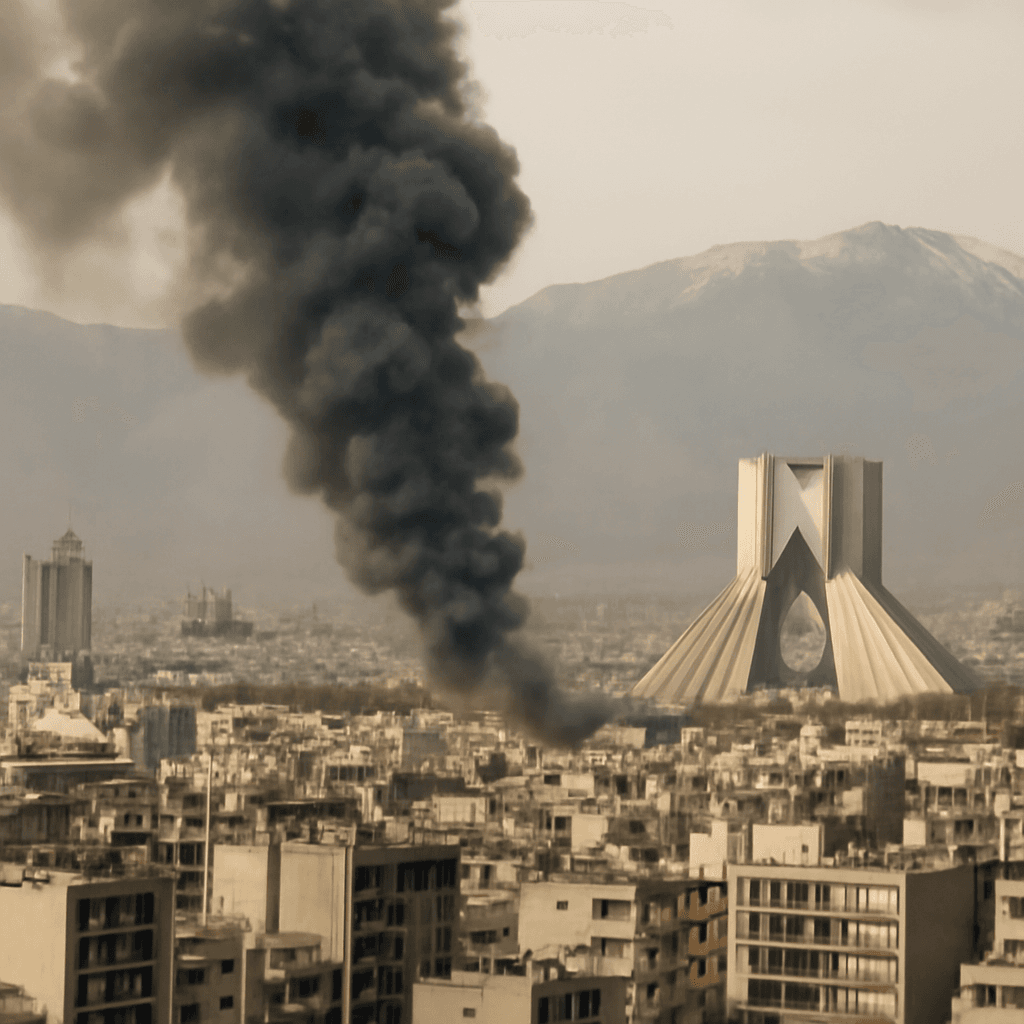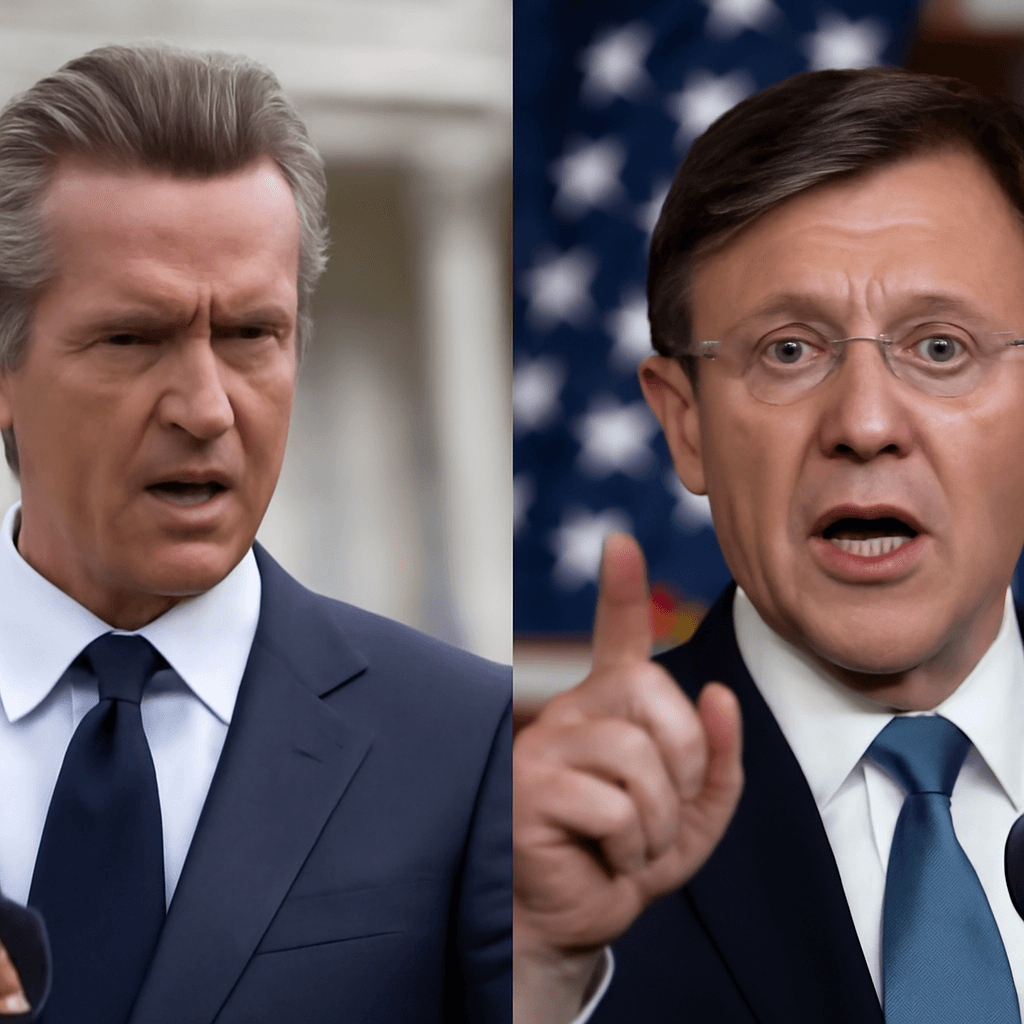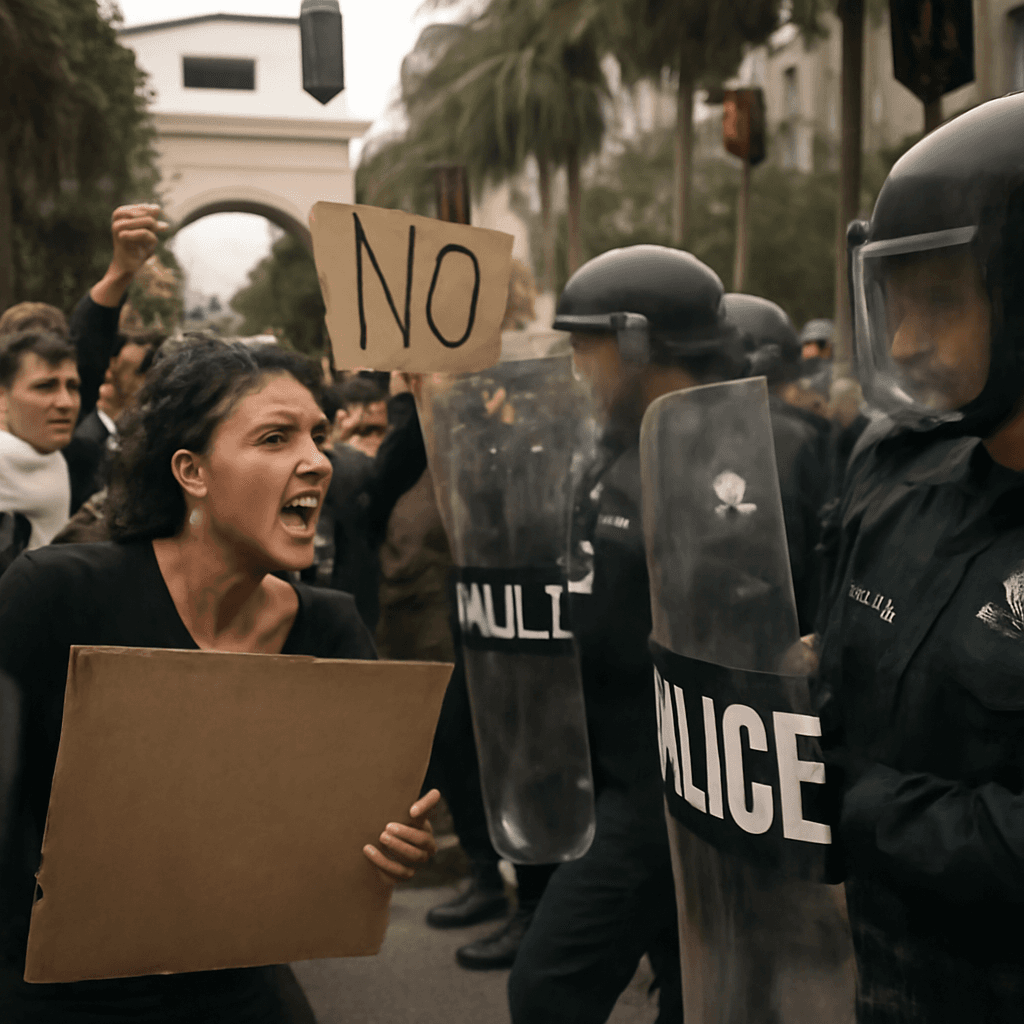Iran Executes Nine Suspected Islamic State Operatives
Iranian authorities have executed nine individuals accused of ties to the Islamic State (IS) following their arrest in 2018 during violent clashes that claimed the lives of Revolutionary Guards members. Officials charged the group with ‘moharebeh,’ a serious Islamic legal term meaning waging war against God, linked to armed uprising and possession of weapons.
Background of the Arrests and Charges
The detainees were apprehended after crossing Iran's western borders, where they reportedly planned to launch attacks within Iranian territory. They were part of a broader network of IS fighters identified and tracked by the Revolutionary Guards.
These arrests closely followed a brutal IS assault months earlier targeting the Iranian parliament and the mausoleum of the Islamic Republic’s founder, Ayatollah Ruhollah Khomeini, both iconic and politically sensitive sites in Tehran.
The Continuing IS Threat in the Region
Although the Islamic State's presence has diminished significantly in Iraq and Syria following major military defeats, Iran continues to face security challenges. Recent attacks have been linked to IS factions operating out of Afghanistan, underscoring persistent regional instability.
Execution Rates Climb Amid Escalating Security Concerns
In a wider context, Iran’s use of the death penalty has surged. According to international human rights observers, executions in the country soared to at least 901 in 2024, marking the highest tally since 2015. The government justifies these actions as countermeasures against terrorism and armed rebellion.
What This Means for Iran and Regional Security
- This latest execution sends a strong message about Iran’s stance against militant groups threatening its sovereignty.
- It highlights the lingering risks posed by IS splinter groups, even after the organization’s territorial losses.
- The continued rise in executions raises questions about human rights and judicial processes in Iran amid turmoil.
As tensions persist, Iran’s security apparatus remains vigilant against extremist threats, balancing national defense with international scrutiny over legal practices.

